Denmark’s Political Outlook Ahead Of The 2026 General Election: Key Players And Possible Shifts
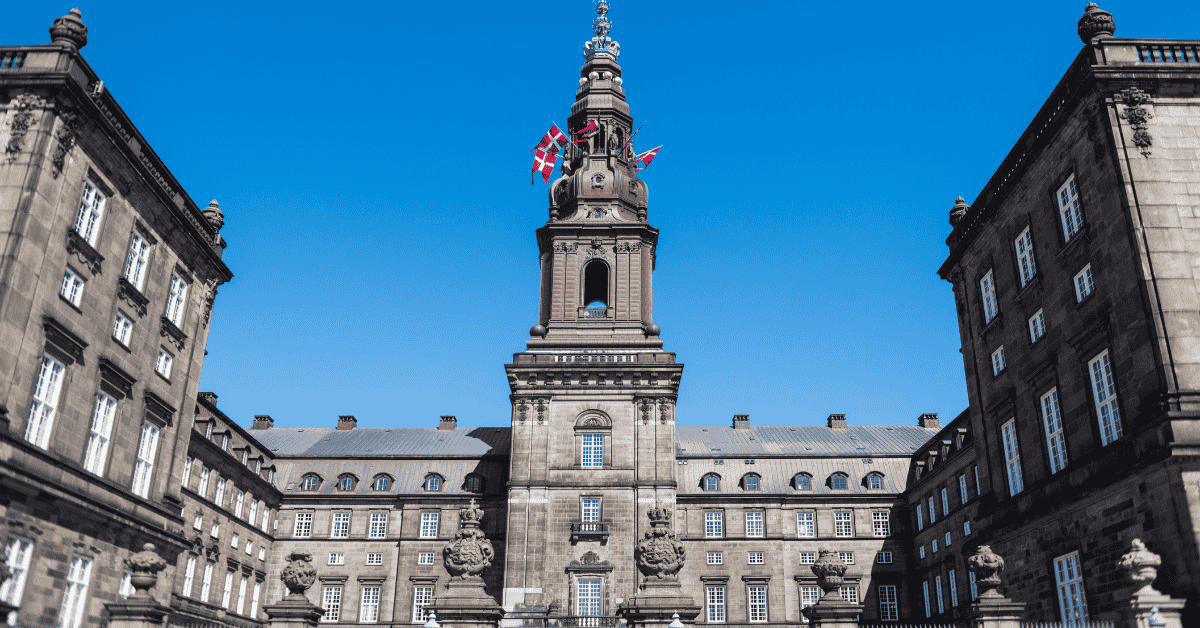

As Denmark prepares for its 2026 general election, the political climate is marked by both continuity and uncertainty. The nation’s parliamentary democracy, known for its inclusiveness and coalition-driven governance, is once again at a crossroads where established players face new challenges, and smaller parties seek to assert greater influence. The coming election is expected to test Denmark’s political stability, highlight emerging policy priorities, and reveal whether shifting voter sentiments will reshape the balance of power in the Folketing.
The current coalition government has relied on careful negotiation and compromise, a defining feature of Danish politics for decades. Yet, as the election approaches, questions arise about whether the governing bloc can maintain voter confidence or if opposition parties will seize the moment to build momentum. Central to this outlook is the Social Democrats, long one of Denmark’s most influential parties, who continue to play a pivotal role in shaping policy on welfare, labor rights, and climate. Their leadership has been tested in balancing progressive reforms with pragmatic compromises needed to sustain a coalition. As 2026 nears, their ability to present a clear vision while defending their record will be critical in determining whether they remain at the center of power.
On the opposition side, liberal and conservative parties are working to sharpen their platforms, focusing on economic growth, immigration, and tax reform. The Liberal Party, traditionally one of Denmark’s dominant forces, will likely seek to recapture ground by presenting itself as the defender of business competitiveness and fiscal responsibility. Meanwhile, the Conservative People’s Party is positioning itself as an alternative voice with an emphasis on security, defense, and family values. Together, these parties hope to capitalize on voter concerns about economic challenges, shifting demographics, and global uncertainty.
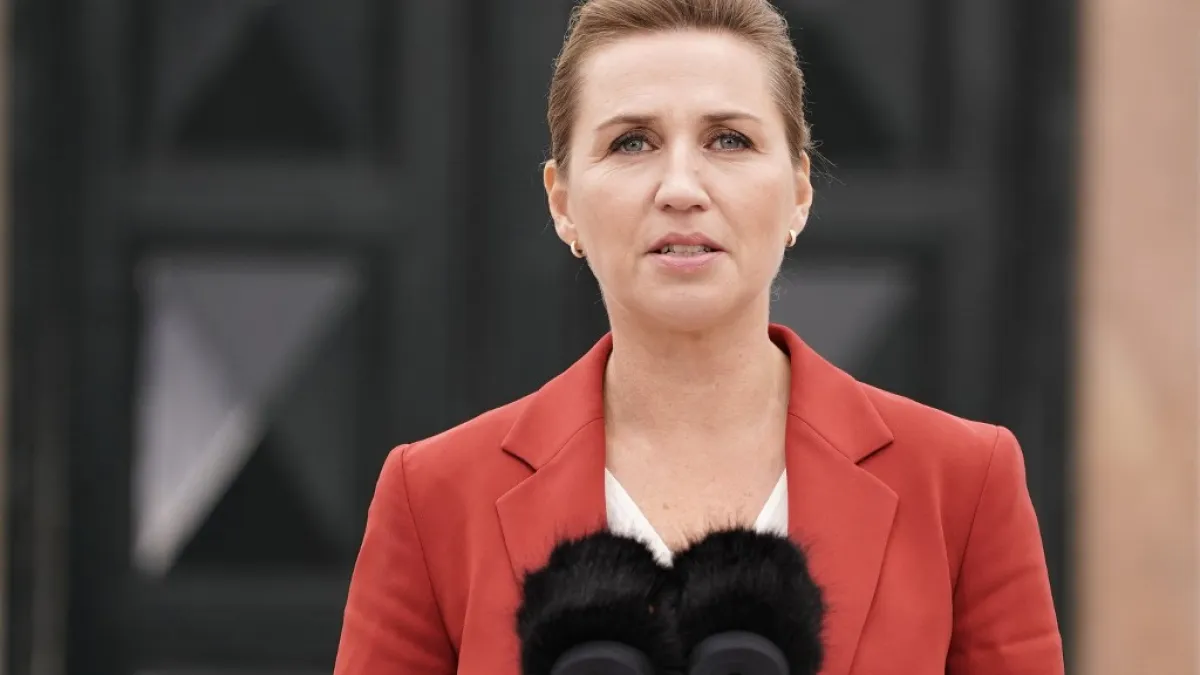
One of the most intriguing dynamics ahead of the 2026 election is the influence of smaller parties, which have often held the balance of power in Danish politics. The Socialist People’s Party, with its strong environmental agenda, continues to attract voters concerned about climate change and sustainability. The Danish People’s Party, once a dominant force on immigration and nationalist policies, faces the challenge of regaining relevance in a more fragmented political landscape. At the same time, newer movements focused on digital transformation, healthcare innovation, and green technology are beginning to capture the imagination of younger voters, signaling that Denmark’s political spectrum is broadening in ways that could reshape coalition-building after the election.
Policy issues are also set to play a decisive role in shaping the 2026 outcome. Climate change remains a central concern, as Denmark has positioned itself as a global leader in renewable energy and sustainability. Voters will be closely watching which parties can best deliver on ambitious climate targets while balancing the needs of industry and households. Immigration and integration policies are expected to resurface as contentious topics, especially in the wake of broader European debates about border control and refugee management. Economic issues, particularly inflation, taxation, and labor market reforms, will also feature heavily in campaign debates, as parties compete to present credible solutions to maintain Denmark’s prosperity in an uncertain global economy.
Beyond policies, leadership personalities will influence the election’s direction. Danish voters often weigh trust, competence, and the ability to negotiate coalitions when choosing their representatives. The leaders of major parties will face intense scrutiny not only for their platforms but also for their ability to work collaboratively in a coalition-based system. In Denmark, no single party governs alone, which means the electorate must also consider which alliances are most likely to emerge and how stable they might be.
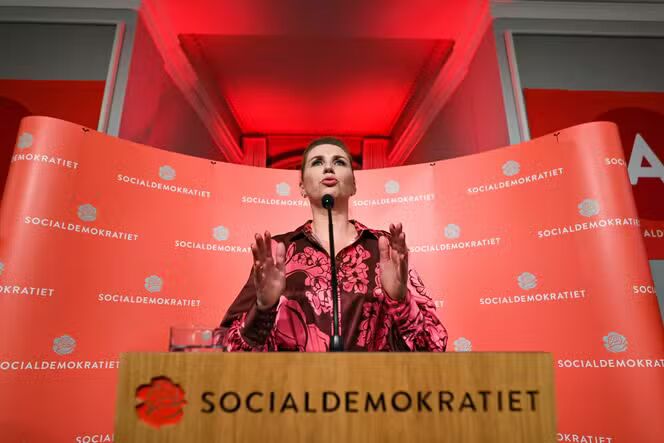
International dynamics could further shape the political landscape. Denmark’s role within the European Union, its stance on security cooperation with NATO, and its approach to global economic partnerships will likely feature in debates. With rising geopolitical tensions and rapid technological changes, Danish voters are aware that the policies chosen in 2026 will not only affect domestic life but also Denmark’s standing on the world stage.
As the 2026 general election approaches, Denmark’s political outlook remains both predictable and uncertain. Predictable, in the sense that coalition politics will continue to dominate, requiring negotiation and compromise regardless of which parties gain the upper hand. Uncertain, because voter sentiment is shifting, new issues are emerging, and the balance between tradition and change will be tested. What is clear is that Denmark’s democratic system, grounded in inclusivity and representation, will once again demonstrate its resilience. The election is set to be less about dramatic upheavals and more about the subtle shifts that gradually shape the trajectory of Danish governance.
The outcome in 2026 will reveal not only which parties hold the reins of power but also how Denmark intends to navigate the challenges of the next decade. Whether through continuity of the current government, resurgence of the opposition, or greater influence for smaller and emerging parties, the election will mark a pivotal moment in reaffirming the values of Danish democracy while adapting to the demands of a rapidly changing world.
Film, TV, and entertainment industry news. Plus, every Friday, a special Awards Insider edition.
By signing up, you agree to our user agreement (including class action waiver and arbitration provisions), and acknowledge our privacy policy.
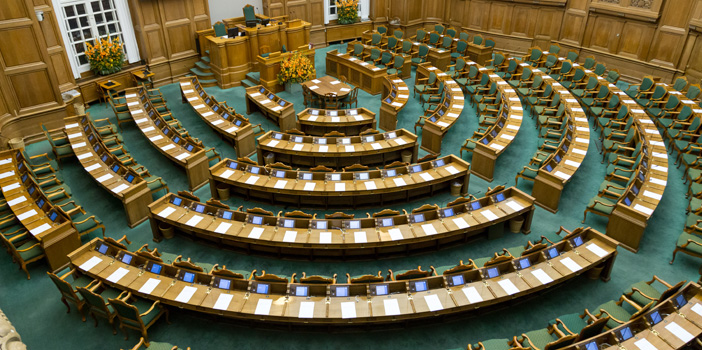
Denmark’s parliamentary democracy thrives on coalition building, showcasing a political culture of compromise, inclusivity, and stability in governance.
By Ida Rasmussen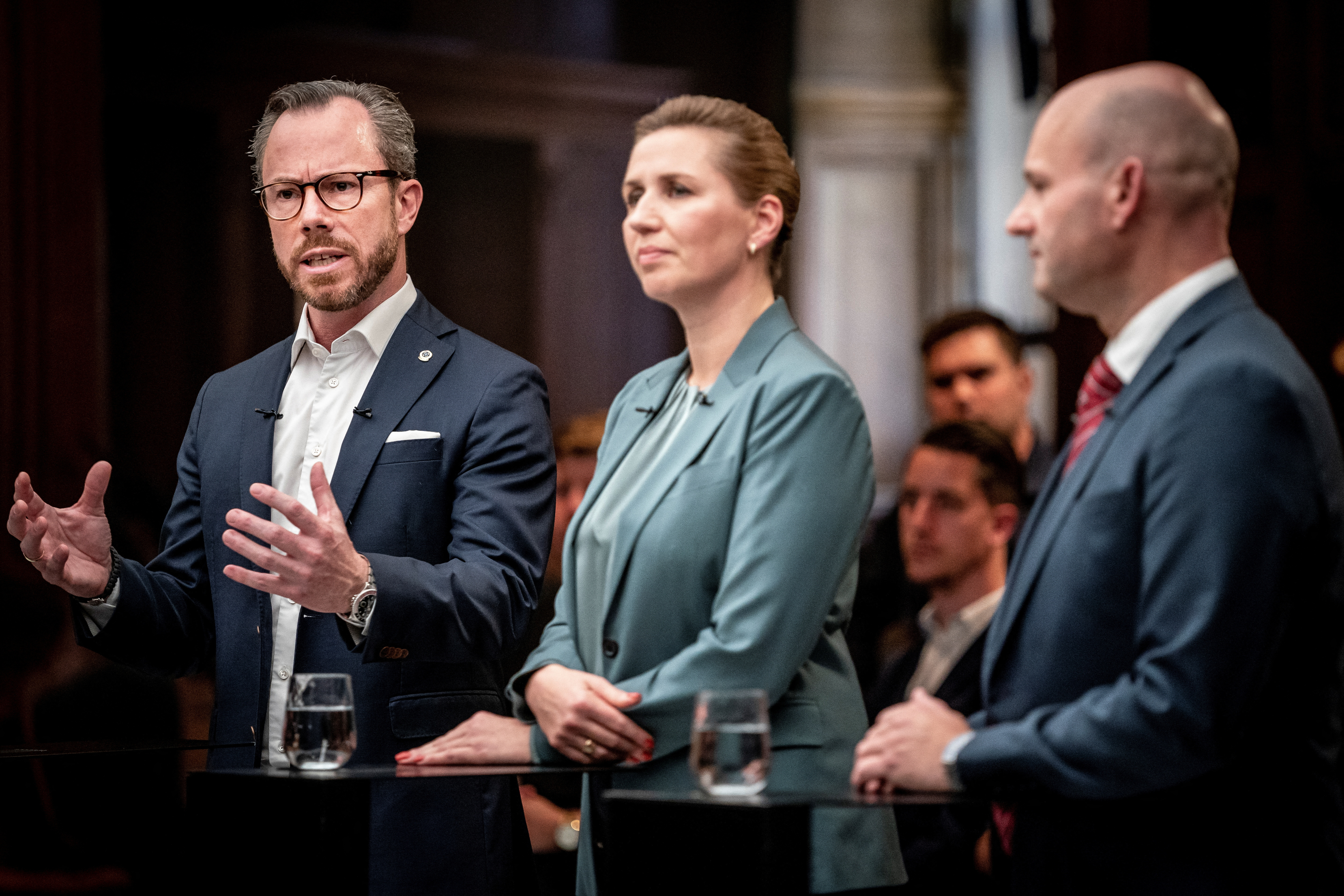
Denmark’s coalition politics in 2025 highlights the challenges and resilience of governing with a slim majority, balancing compromise, stability, and democratic values.
By Clara Sørensen
Danish PM Mette Frederiksen firmly rejects U.S. interest in Greenland, stating “You cannot annex another country” while reaffirming Denmark’s commitment to the Arctic territory’s sovereignty.
By Emil Pedersen
Denmark plans to increase its defense budget by 50 billion kroner ($7 billion), pushing spending beyond 3% of GDP, marking the highest investment in over 50 years to strengthen military capabilities and support NATO.
By Emil Pedersen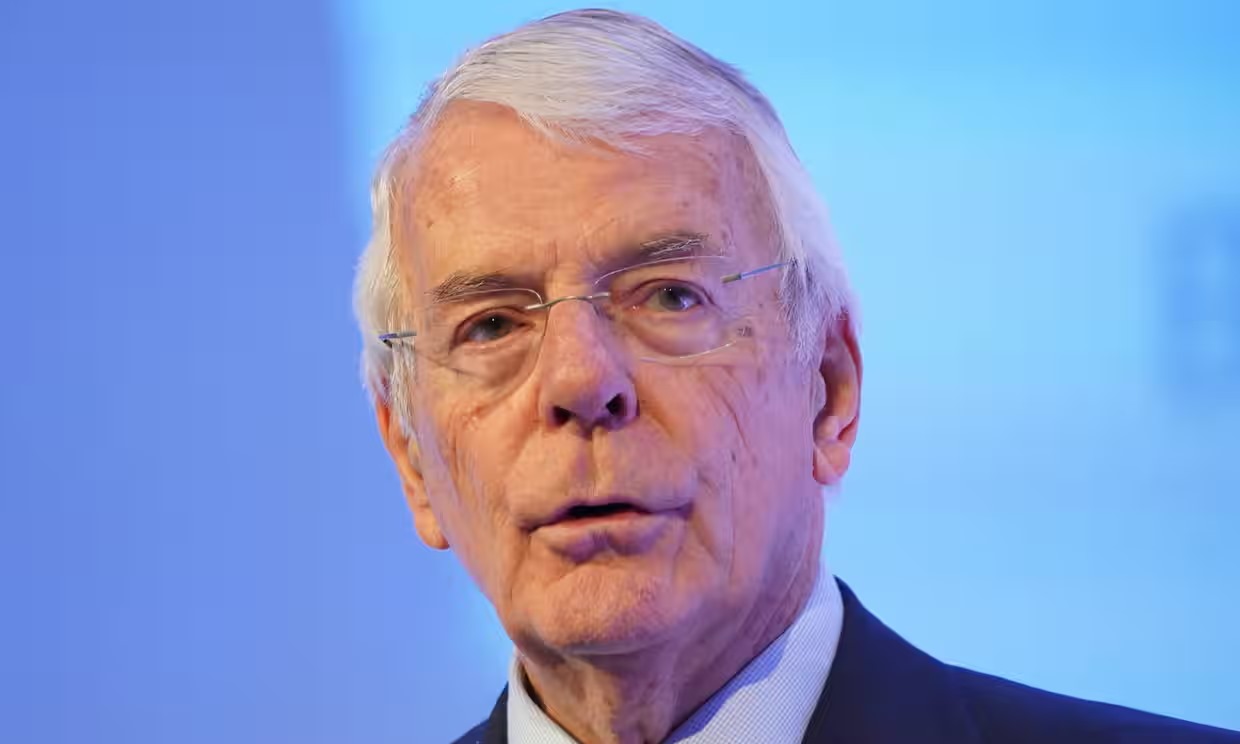
Former UK Prime Minister John Major warns that democracy is at risk due to Donald Trump's isolationist approach and China's growing global influence.
By Emil Pedersen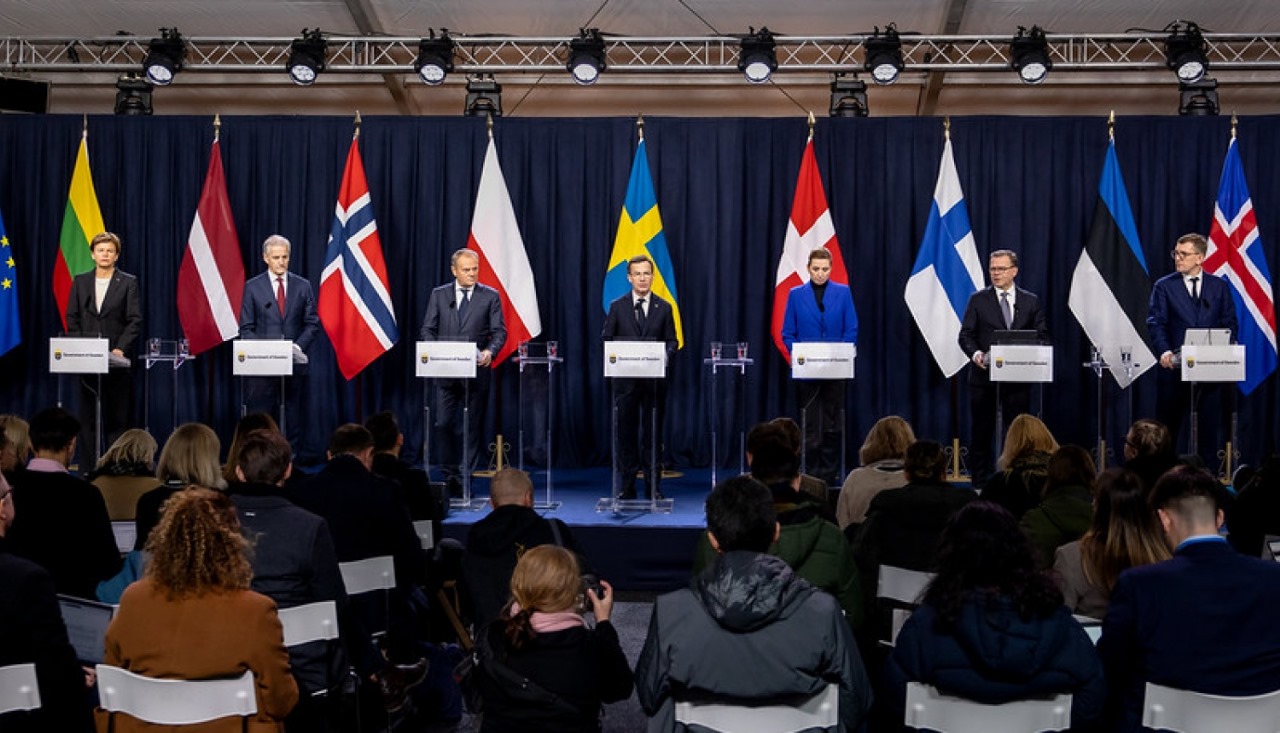
The Nordic and Baltic countries have reaffirmed their unwavering support for Ukraine in its fight against Russia, pledging to enhance military aid, economic assistance, and diplomatic backing.
By Lars Nielsen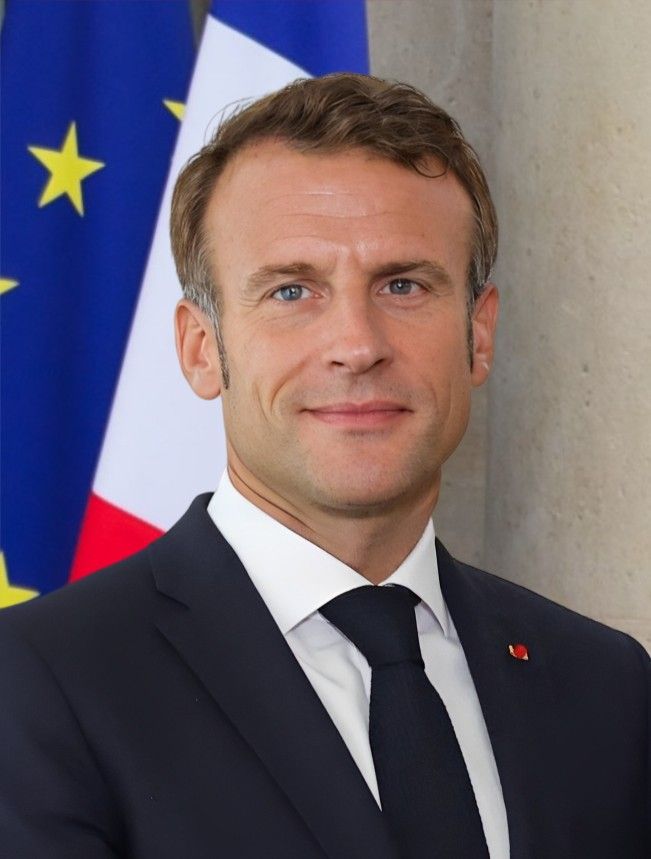
France, Ukraine war, European summit, Emmanuel Macron, European security, Donald Trump, NATO, Kyiv, Russia, diplomacy
By Emil Pedersen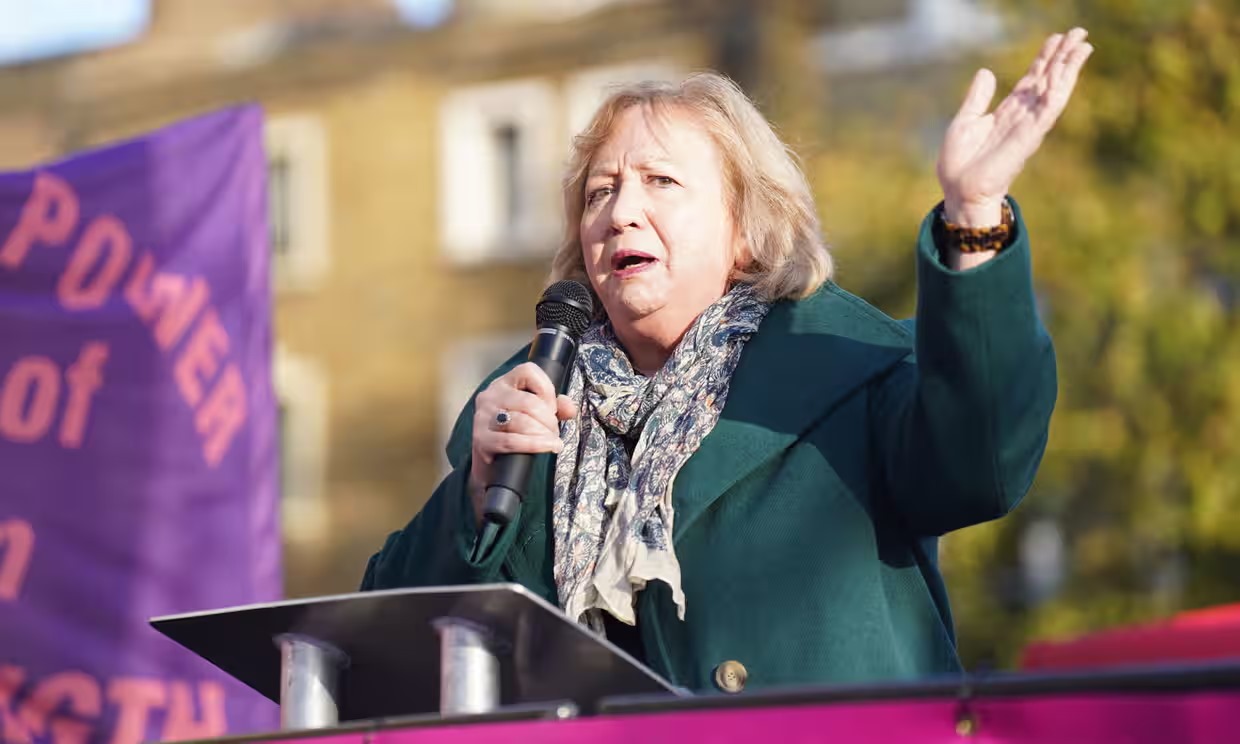
A growing coalition of union leaders, bishops, and refugee advocates has challenged the UK government's policy denying citizenship to refugees arriving via small boats. Critics argue the policy fosters division, risks escalating far-right rhetoric, and contradicts integration efforts.
By Emil Pedersen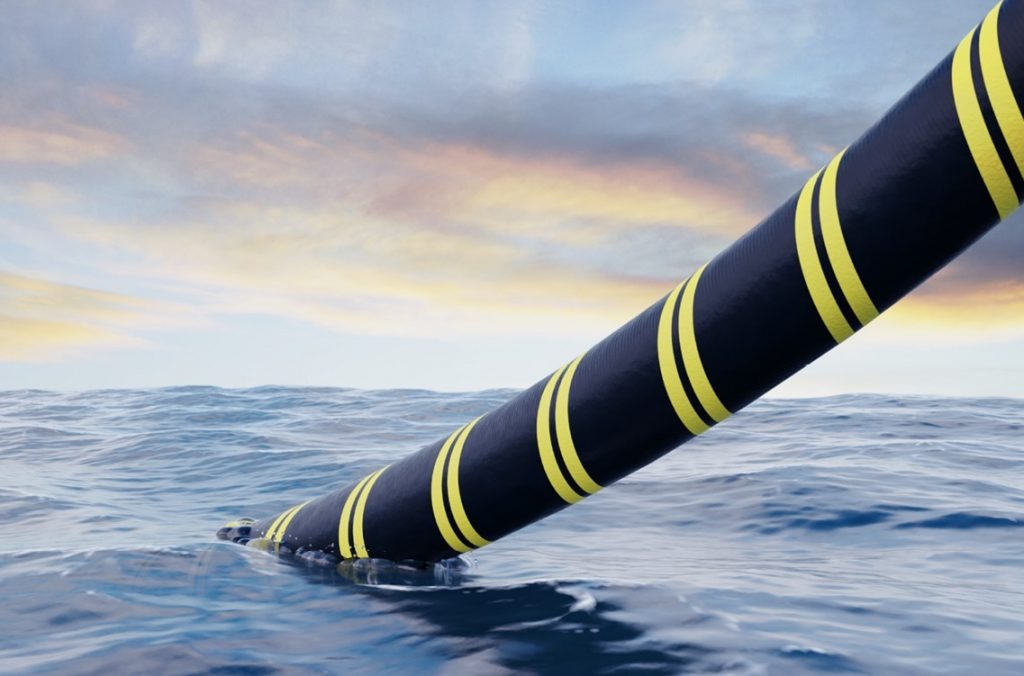
Sweden and Denmark are set to replace two aging undersea power cables, Konti-Skan 1 and 2, to enhance electricity transmission capacity between the two countries.
By Lars Nielsen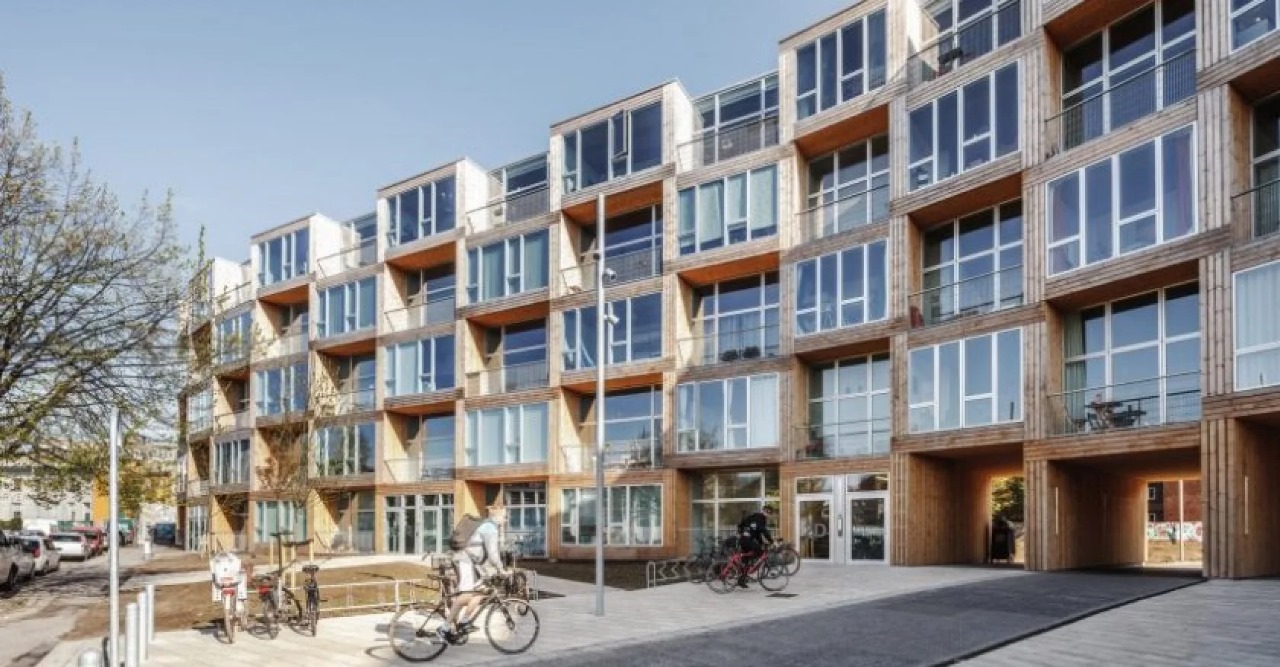
Denmark’s ethnic relocation policy faces EU court challenge over discrimination.
By Emil Pedersen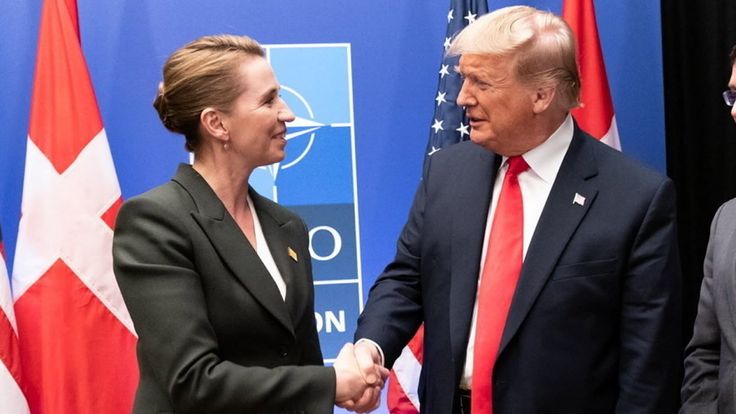
Greenland's independence movement gains momentum amid growing U.S. interest. Pro-independence party Naleraq sees Trump's comments and shifting U.S. policies as strengthening Greenland’s negotiating position with Denmark.
By Lars Nielsen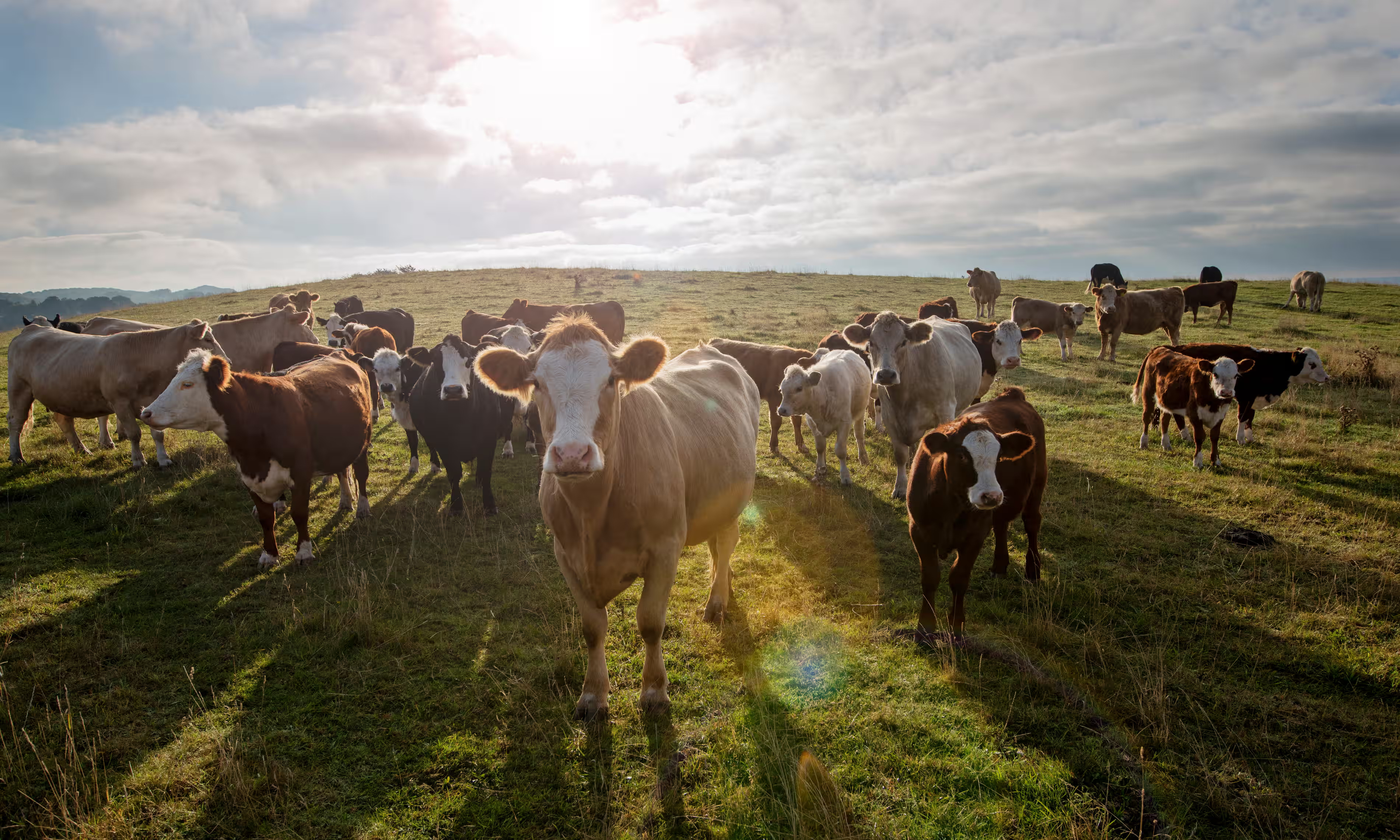
Denmark is investing €170 million in a plant-based food initiative to lower agricultural emissions, support food innovation, and promote sustainable business growth.
By Emil Pedersen